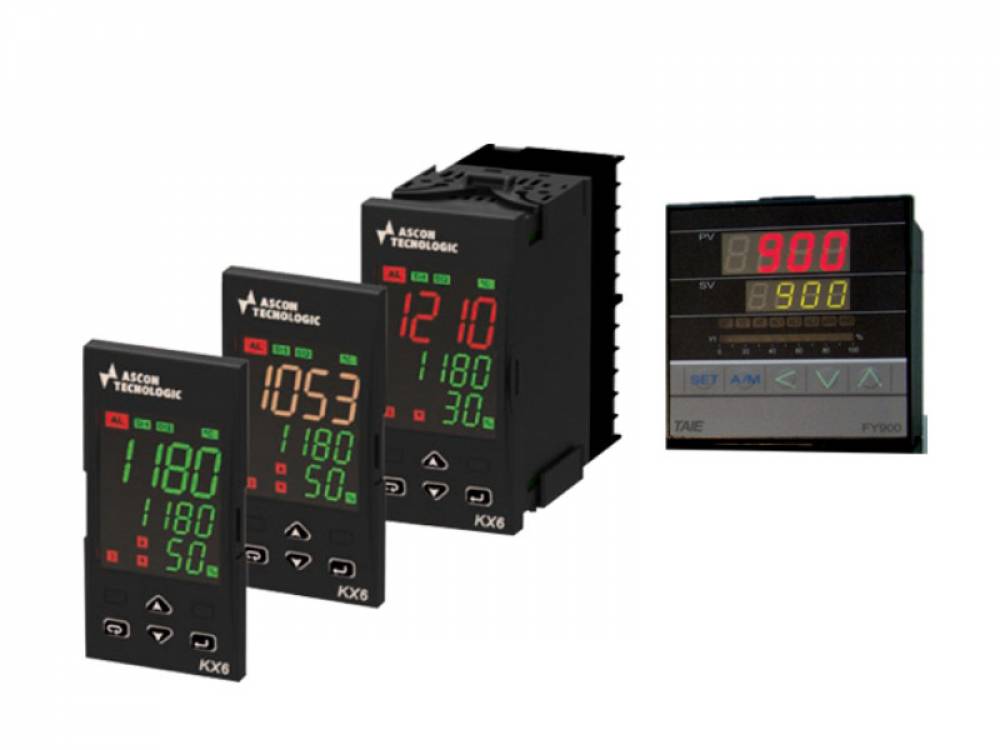
Digital Autotune PID Controllers are advanced control devices used to maintain a specific process variable (like temperature, pressure, or flow) at a desired setpoint. The “PID” stands for Proportional, Integral, Derivative, which are the three control actions that these controllers use to adjust output and correct deviations in the process.
Autotune Function: This feature automatically adjusts the PID parameters (proportional, integral, and derivative gains) based on the system’s dynamics. By performing a series of tests and analyzing the system’s response, the autotune function fine-tunes the controller for optimal performance without the need for manual intervention. This ensures that the process remains stable, accurate, and efficient.
PID Control:
Digital Autotune PID controllers are ideal for industries like chemical processing, HVAC systems, food production, and automation where precise control over variables is essential. The autotune feature minimizes setup time and ensures the system operates with minimal oscillation or overshooting, optimizing both performance and energy efficiency.

Rajdeep, founded in 2022, has established itself as the leading Manufacturer & Supplier of high-tech instrumentation in the field of Temperature Measurement, System Automation and various process control instruments.
Address:RAJDEEP AXIM DHARMSIDDHI SOCITY,
BEHIND NAVA SEVA SADAN, MORBI-2,
PIN CODE – 363642